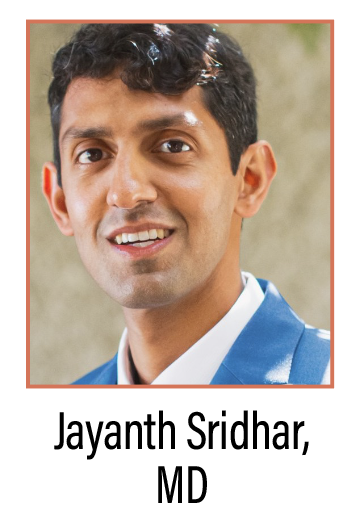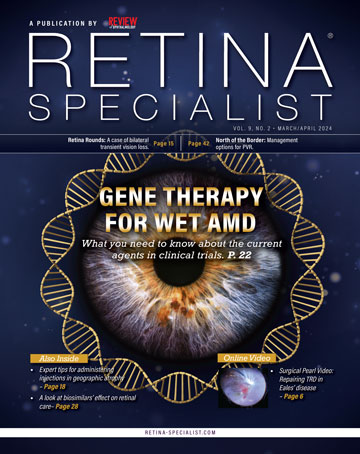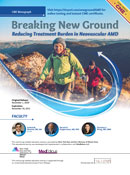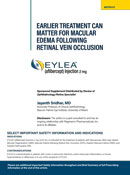 |
|
Bio Dr. Sridhar serves as Retina Specialist Magazine’s Social Media Ambassador. He’s an associate professor of clinical ophthalmology at Bascom Palmer Eye Institute, Miami. DISCLOSURE: Dr. Sridhar is a consultant to Alcon, DORC, Genentech/Roche and |
It’s an honor to take over the “Social Media Specialist” column from Dr. David Almeida. Dr. Almeida’s prior work covered, and future articles in this section will cover, the what, how and why for optimizing social media in your practice.
One of the largest questions we face as physicians today is the question of when. That is, when do our Hippocratic oaths on nonmaleficence and beneficence compel us to speak out and use social media to educate the general public?
Social media’s impact crosses international borders and simultaneously tantalizes the possibility for mass public education on a scale previously impossible, while also shining a light on biased commercial influence, misinformation pundits and unscientific postulates masquerading as “need-to-know truths.”
Lessons from the pandemic
The inability for laypeople to distinguish medical fact from fiction became a major issue in the early stages of the COVID-19 pandemic. Whether it was discussion of chemical bleach to treat a viral illness, murmuring that the pandemic was a hoax or questioning of the legitimacy of the COVID-19 vaccine, physicians were confronted with potentially life-threatening social media-driven narratives daily.
Many physicians appropriately viewed it as a responsibility to create posts, tweets and videos using their credentials and utilizing data-driven information to bring light to the social media darkness of false science.
Beyond basic medical advice
Does this scope extend beyond giving basic medical advice? Unfortunately, many examples of human rights violations exist in today’s world. Relevant to ophthalmology, protests have run rampant in Iran in the wake of government crackdowns and killings of nonviolent dissenters. Government security forces have been instructed to shoot for the eyes of protesters with bird-shot bullets, resulting in severe ocular injuries.
Moreover, police have been positioned in ambulances, hospitals and urgent care clinics to force physicians to deny medical attention to injured ophthalmology patients. As a result, Iranians are spreading misinformation on social media to avoid ophthalmology care following chemical or blunt injury. Laypeople even created DIY videos showing improper and unsterile techniques for removing periocular and intraocular foreign bodies at home.
Where we fit in
Where do physicians enter into this equation? In the end, we as ophthalmologists are committed by oath to protect health. At the very least, pushing educational content on social media on when to seek professional care for eye injuries is necessary.
I would argue that we should move beyond that to bring light to the plight of attacked and oppressed individuals throughout the world, including in Iran, when the line is crossed by an oppressor with the targeting of that most basic human right: health.
As social media continues to rapidly evolve and transform, we’ll see more blurring of the lines of traditional professional boundaries.
I foresee a responsibility and a privilege for our profession to be leaders for health not only on a scientific level, but also on a human rights and compassion level.



